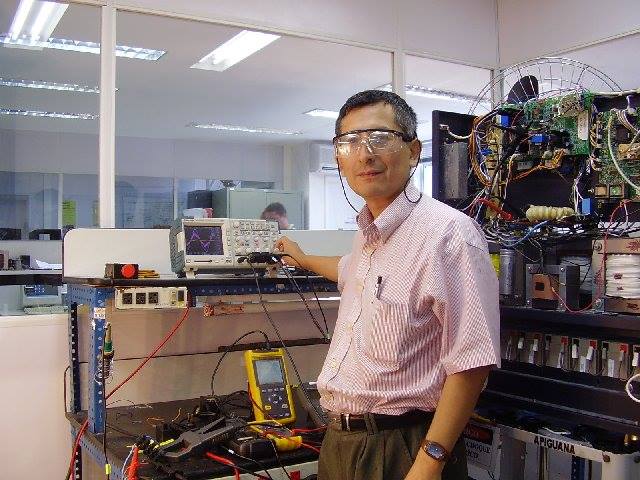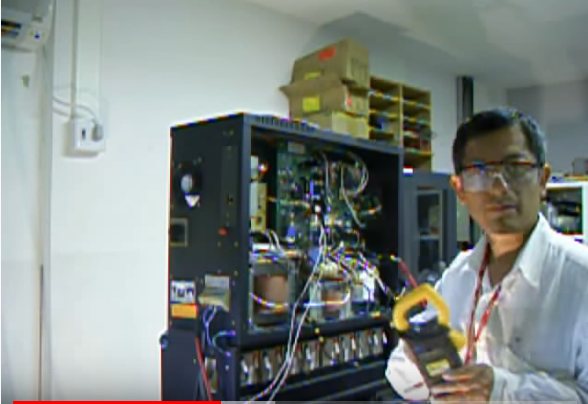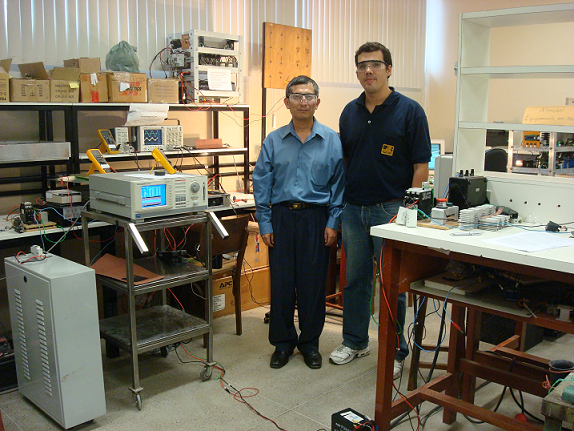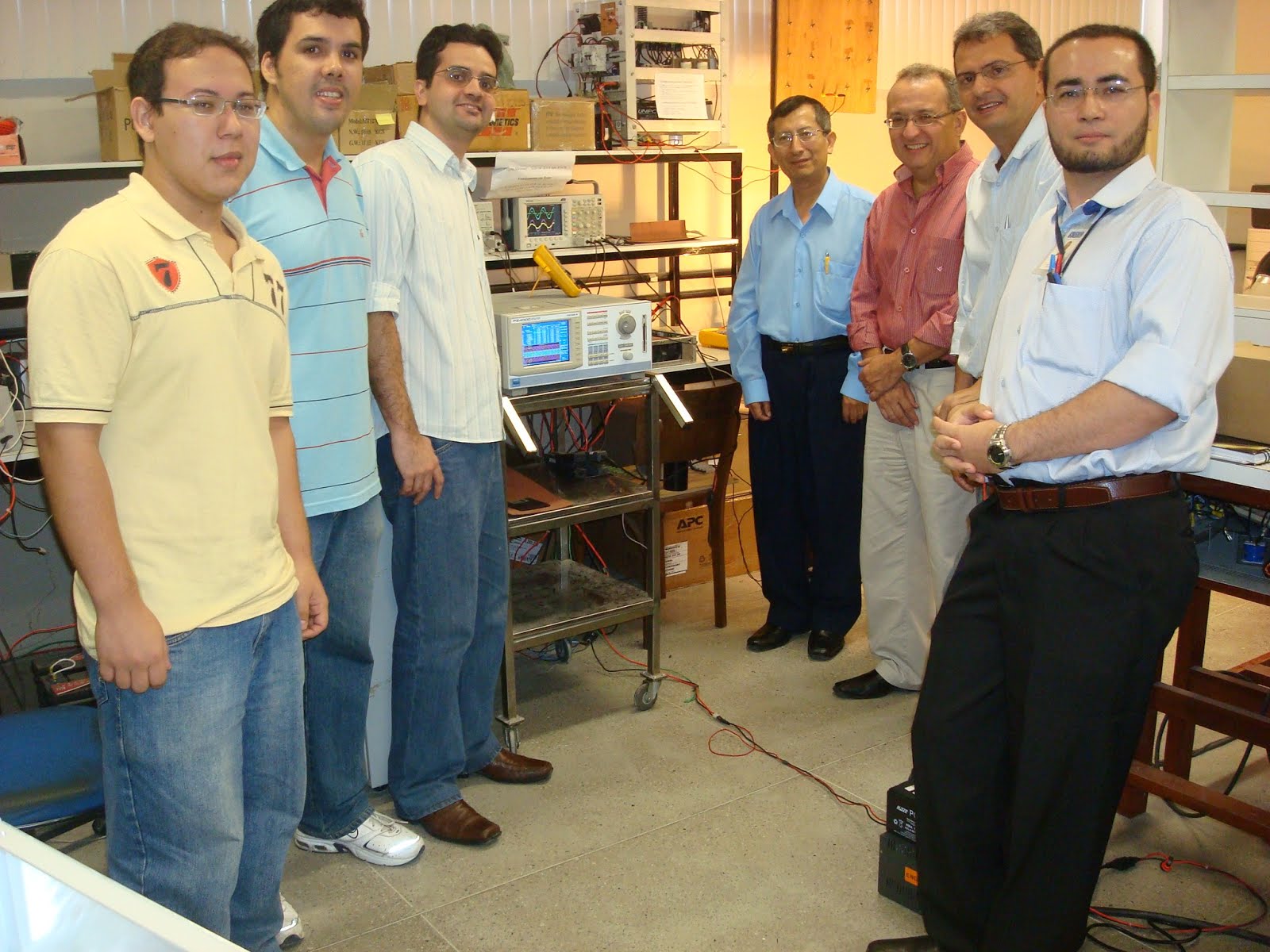terça-feira, 13 de abril de 2021
Next-generation high-efficiency shunt-type differential photovoltaic power conditioner for modularization--Young-Tae Jon----Joung-Hu Park-SCHOOL OF ELECTRICAL ENGINEERING SOONGSIL UNIVERSITY SEOUL KOREA
Young Tae Jon----Joung-Hu Park-SCHOOL OF ELECTRICAL ENGINEERING SOONGSIL UNIVERSITY SEOUL KOREA
PURPOSE
Development of new concept structure, control algorithm and hardware prototype of next
generation power conditioner for conversion of paradigm of PV power generation
- Design of a new, parallel, integrated, modular, differential power conversion system
architecture (shuffler, feedback, feed-forward structure)
- Development of a high-power topology capable of maintaining high efficiency at low capacity
while implementing the minimum power point tracking algorithm (Anti-MPPT algorithm) for
minimizing power capacity, which is an advantage of differential power conversion
- Increase efficiency and reduce size using GaN MOSFET or SiC / Schottky diode.
- Optimal design of multi-loop feedback controller with stable and fast dynamic characteristics
by applying Extra-Element Theorem to multi-module power converters
- Proposed theory and performance analysis verification through hardware
RESULTS
Development of Next Generation Parallel Type High Efficiency Differential Power Regulator for
Modularization of Photovoltaic Power Generation
- Improved reliability and scalability by developing it as a parallel-type instead of a
conventional serial type
- A multi-winding transformer-type forward and buck converter is proposed to combine
magnetizing elements to construct a high-efficiency differential power regulator circuit.
: The methodology for achieving the goals was studied as follows.
- Dynamic dynamics analysis, controller design and hardware fabrication of multiple module
including MPPT algorithm of differential power regulator in the world's first modular PV
system structure
- Applied the Extra Element Theorem, which was used for the analysis of the complex system
of electronics for the first time in the academic world, to the power module, the differential
power modulator, and the multi-module dynamic characteristics analysis.
- Developed P & O algorithm to specify anti-MPPT concept.
- Developed a differential power regulator circuit using various feedback, feed-forward and
shuffling topologies.
Expected
Contribution
- Advantages of modular photovoltaic power
Expected
Contribution
- Advantages of modular photovoltaic power generation system are cost reduction and efficiency
improvement through standardized mass production. Therefore, it is possible to utilize the basic
data of basic plan preparation corresponding to standardization of PV industry.
- Apply to the environment policy for activation of solar power supply business and low carbon
industrialization
- Independent photovoltaic technology for satellite power supply is essential for promoting the
independence of high-tech space technology currently being promoted nationally.
- Wattmeter system technology in the space industry requires high reliability and flexibility
(scalability). Therefore, it is possible to acquire proprietary technology by developing a modular
parallel solar PV system.
- In relation to other energy harvesting issues, solar energy harvesting technique is less likely
to succeed than other piezoelectric (vibration) harvesting and thermal harvesting materials.
- Using the results of this study, we are promoting the commercialization of the technology
through the industry that is currently conducting the photovoltaic project, thereby improving the
field feedback and practicality of the research result
- Technology Transfer and Patent Transfer
- Contributes to the academic development of the new and renewable fields through announcing
SCI (annual) thesis
Assinar:
Postagens (Atom)



























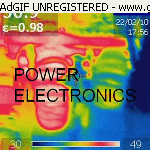




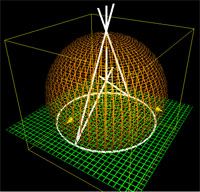


 JOSIL ARTISTA PLASTICO FORTALEZA CEARA BRASIL AV.HERACLITO GRAÇA 41 TEL(85)32542378
JOSIL ARTISTA PLASTICO FORTALEZA CEARA BRASIL AV.HERACLITO GRAÇA 41 TEL(85)32542378